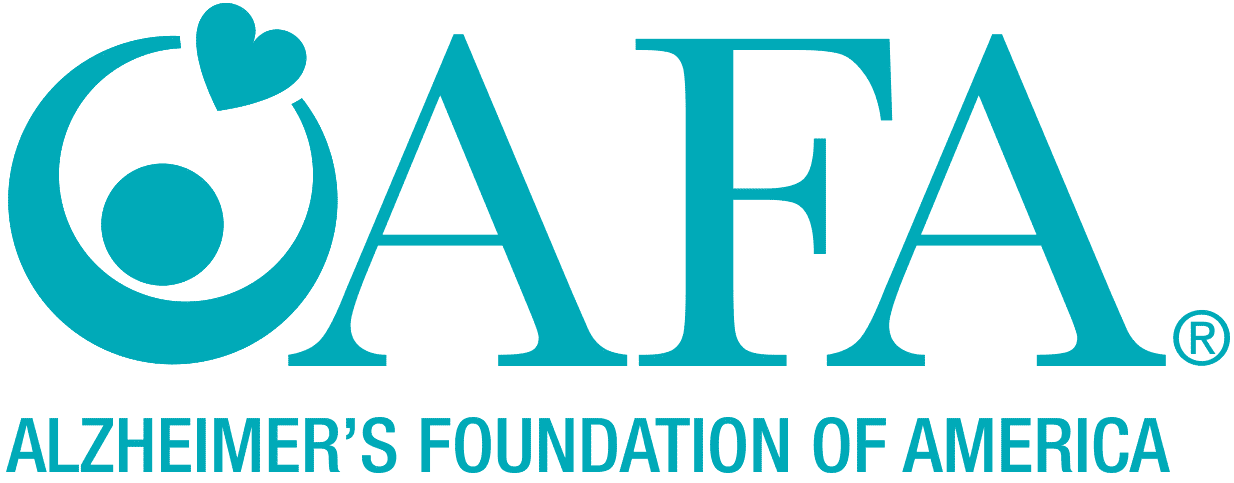free, educational teleconferences on advanced care for people with alzheimer’s disease attend alzheimer’s foundation of america’s “care connection” on february 11
For many people, the prospect of advance planning for theirs or a loved one’s care is a sensitive subject and often one that gets pushed aside because it makes us uncomfortable. Yet, it is a subject worth addressing, particularly when Alzheimer’s disease enters the picture. On February 11, the Alzheimer’s Foundation of America (AFA)’s “Care Connection,” free, monthly educational teleconference will tackle this subject. Judith Schwarz, Ph.D., clinical coordinator, End of Life Choices, will be the guest speaker.
Offered the second Thursday of each month from 1p.m. to 2 p.m. (EST), “Care Connection” is designed for both family and professional caregivers of people with Alzheimer’s disease and related illnesses. To join the conference, call toll-free 1-877-594-8353 and enter guest identification number 46692951#.
Advance care planning involves learning about the types of decisions an individual might need to make with respect to long-term care, end-of-life wishes and more should he or she become incapacitated. Such planning encourages individuals and their families to consider their wishes and share them with family members. Advance care planning helps ensure that family members, doctors and or palliative or hospice care professionals, know what type of medical care is wanted.
AFA’s March Care Connection teleconference will feature another important topic of concern of caregivers and individuals with Alzheimer’s disease: depression. For many caregivers, symptoms of depression can develop as a result of the constant demands they face in providing care for a loved one with a progressive illness. Caregivers often sacrifice their own physical and emotional needs and the emotional and physical experiences involved with providing care can strain even the most capable person. The resulting feelings of anger, anxiety, sadness, isolation, exhaustion and then guilt for having these feelings can exact a heavy toll. In the case of an individual living with Alzheimer’s disease or another dementia related illness, the knowledge that he is living with a progressively degenerative illness can lead to symptoms of depression. Medications can exacerbate these symptoms as well. Andrea Shaw, L.C.S.W., In Home Therapy for Older Adults, is the featured speaker for this teleconference, which takes place March 10.
For more information and to connect with our national toll-free helpline, please call 866-232-8484 or visit www.alzfdn.org.
About Alzheimer’s Foundation of America (AFA)
The Alzheimer’s Foundation of America is a non-profit founded to fill the gap that existed on a national level assuring quality of care and excellence in service to individuals with Alzheimer’s disease and related illnesses, and to their caregivers and families. AFA unites more than 2,400 member organizations from coast-to-coast that are dedicated to meeting the educational, social, emotional and practical needs of individuals with Alzheimer’s disease and their families. Under AFA’s umbrella, these organizations collaborate on education, resources, best practices and advocacy —all resulting in better care for people affected by the disease. AFA’s services include a national, toll-free helpline staffed by licensed social workers, educational materials, professional training, community outreach, free quarterly caregiver magazine, research funding, public advocacy and programmatic services. For more information about AFA, call toll-free 866-232-8484, visit www.alzfdn.org, follow us on Twitter, or connect with us on Facebook.


